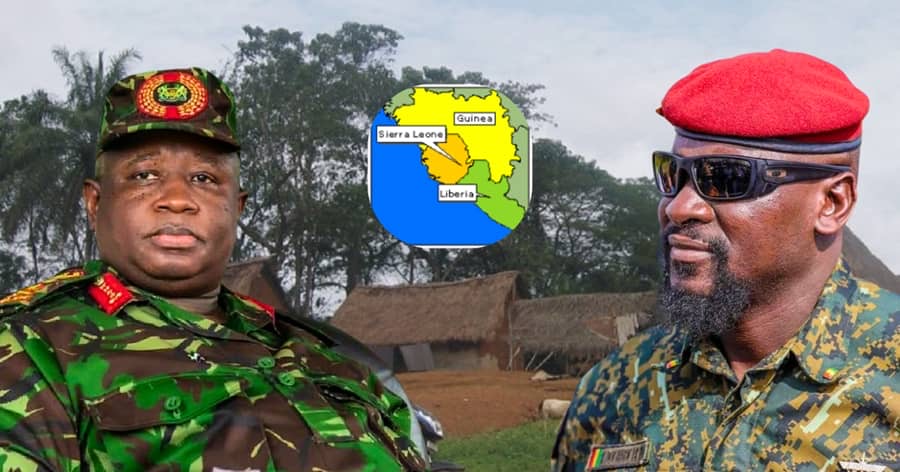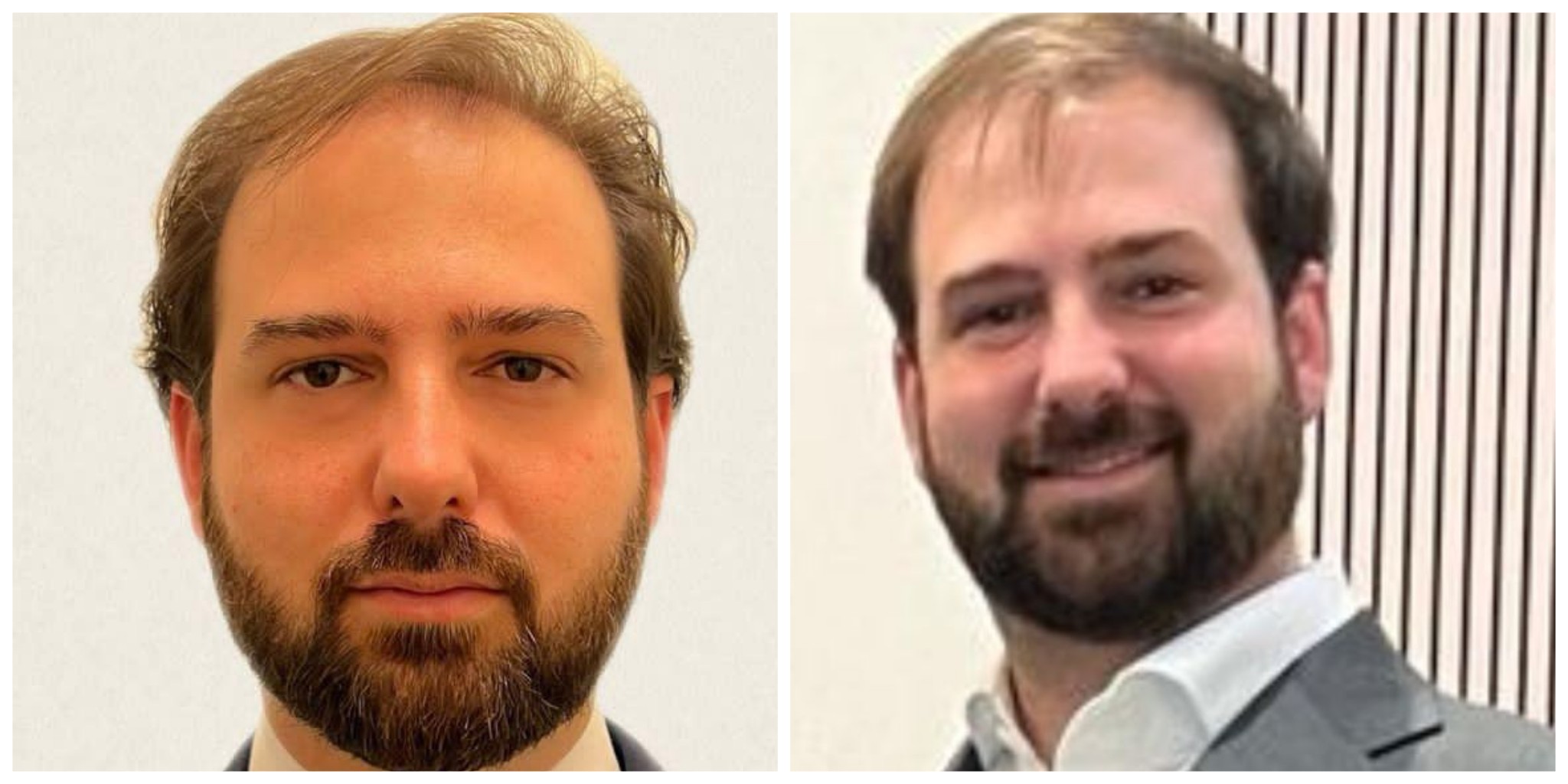
By Morlai Ibrahim Kamara
Guinea’s representative at the ECOWAS Parliament, Hon. Fanta Conte, has strongly refuted allegations of military aggression made by Sierra Leone during a plenary session of the regional body held on Friday, May 23rd, Abuja Nigeria
Hon. Conte’s remarks came in response to Sierra Leone’s call for ECOWAS to intervene in the long-standing Yenga border dispute. Sierra Leone urged the regional bloc to deploy a joint fact-finding mission to the contested area and to facilitate mediation between the two countries.
Two Sierra Leonean representatives, Hon. Saa Emerson Lamina and Hon. Abdul Kargbo, reiterated Sierra Leone’s claim that Yenga—a border town contested by both nations rightfully belongs to Sierra Leone.
Hon. Abdul Kargbo, who also serves as the Leader of the Opposition in the Sierra Leone Parliament, firmly asserted that historical and documentary evidence confirms Sierra Leone’s sovereignty over Yenga. Addressing the ECOWAS Parliament, he stated:
“Before the war Kissi was the language in Yenga and even if you watch the existing map you will agree with me that Yenga is Part of Sierra Leine. The Guinean military entered Yenga in 2001 to assist the Sierra Leonean military to fight against the rebel group. It was an effort we appreciated and uptill now we have expressed gratitude to the Guinean government for their support,”
Hon. Lamina, meanwhile, introduced a motion urging the ECOWAS Parliament to support the demilitarization of Yenga. He referenced the Geneva Convention, explaining that colonial boundary demarcation was typically based on natural landmarks such as rivers, mountains, and plains.
“It is very clear and natural how the Makona River in the Kailahun district separates Yenga from Guinea,” he emphasized
He further added:
“We cannot afford a conflict between us and our Guinean brothers. We truly appreciate Guinea’s contributions, as well as Nigeria’s role through ECOMOG, which was instrumental in restoring democracy to Sierra Leone.”
In a measured and diplomatic response, Hon. Fanta Conte underscored the historic alliance between Guinea and Sierra Leone, cautioning against rhetoric that could escalate tensions. She sought to reframe the discussion by recalling Guinea’s support during Sierra Leone’s civil war.
I must express my disapprival of the legal actions taken against the Republic of Guinea concerning the locality of Yenga. I’m pleased to see that our brothers and sisters in Sierra Leone remember the cruciak role Guinea played during their civşl war,” she said.
“Guinea paid a high price for this support we suffered rebel incursions, particularly in Guéckédou Prefecture, which continues to feel the impact. These attacks were a direct consequence of our solidarity with the Sierra Leonean people. It is disheartening to now hear accusations of aggression and human rights violations from those we stood by in their time of need.”
Through her intervention, Hon. Conte positioned Guinea not as an aggressor but as a long-time ally that has made significant sacrifices in support of regional peace and stability. Her remarks aimed to undermine Sierra Leone’s claims by invoking Guinea’s historic role as a benefactor, not a provocateur.
The exchange underscores the sensitive nature of the Yenga border dispute, which has simmered since the early 2000s without formal resolution. Both countries have much to gain from a peaceful settlement. As neighbors, Sierra Leone and Guinea share extensive cultural, economic, and geographic ties:
Cross-border trade is a vital part of both economies, involving agricultural products, livestock, textiles, and artisanal goods.
Local markets benefit from access to a broader customer base, boosting regional commerce.
Shared natural resources, such as the Moa and Makona Rivers, support agriculture, fishing, and, in some areas, energy production.
Ethnic and cultural ties, including communities of Kissi, Mende, and Susu peoples, span both sides of the border, reinforcing shared traditions and languages.
These factors not only highlight the interdependence of the two nations but also underscore the importance of a diplomatic resolution to the dispute.
ECOWAS has not yet announced whether it will deploy a fact-finding mission or initiate formal mediation efforts. However, calls for a peaceful, cooperative approach continue to grow amid concerns that the situation, if left unresolved, could threaten regional stability.



